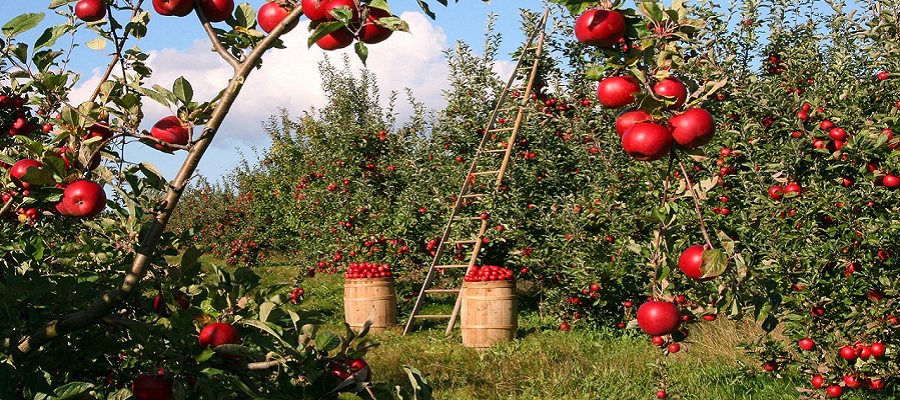
We all want to provide the best and most nutritious food for our families, along with minimizing the toxins to which we are exposed. This raises the question: Should we buy organic?
Organic foods are generally defined as those foods that are grown without the use of synthetic fertilizers, irradiation, genetic engineering, and man-made pesticides (man-made pesticides are chemical agents made to kill insects, weeds, and fungal pests that damage crops). But just because a food is organic, it does not necessarily mean it is better. Studies have shown that organic foods are no more nutritious than non-organic foods. In fact, organic foods may carry a greater risk of microbiological contamination [i.e., bacteria and viruses] and naturally-occurring toxins. Furthermore, organic foods are most often more expensive than non- organic foods. Here are some things to consider when making the decision to buy organic or not.
Organic may be a good option for these foods which are commonly found to have more pesticides:
- Apples
- Strawberries
- Spinach
- Grapes
- Peaches
- Tomatoes
These fruits and vegetables are usually shown to have a low level of pesticide residue and so non-organic is an acceptable option:
- Avocados
- Corn on the cob
- Onions
- Pineapples
- Eggplant
- Grapefruit
Whether to buy organic or not is a personal choice. Whatever you decide to purchase, always be sure to thoroughly wash your fruits and vegetables to help remove pesticide residue and contaminants.




